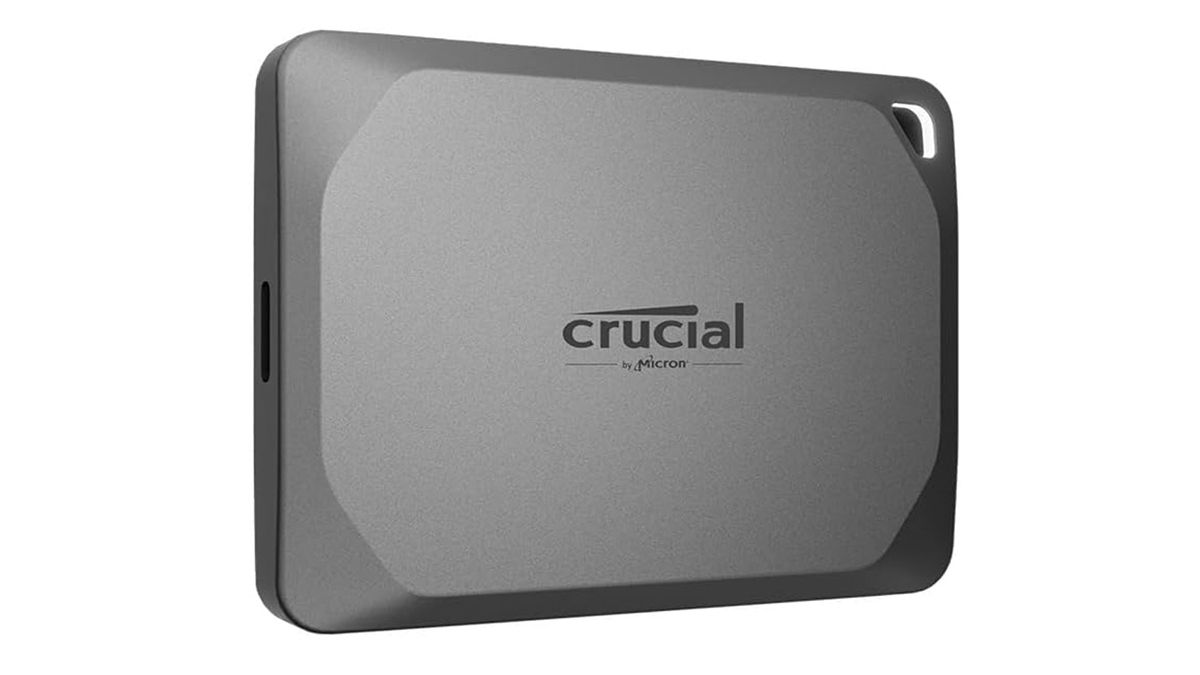Donald Trump appears to be getting back into the casino business, in a manner of speaking.
This time it won’t be Atlantic City slot machines and roulette tables: On Tuesday, the president’s media firm, Trump Media & Technology Group Corp., announced it was partnering with the digital asset exchange Crypto.com to make prediction markets available via Truth Social.
The new product, called “Truth Predict,” will enable Truth Social users to bet on a wide range of future events like election outcomes, sports, and commodity prices. These wagers will take the form of prediction contracts, which are typically priced in cents and reflect the percentage of confidence bettors have in a potential outcome. If you bet correctly, the contract settles for $1, but if you’re wrong, it goes to zero.
TMTG’s new offering will compete with existing prediction markets like the US-regulated Kalshi and Polymarket, which is headquartered in New York but hasn’t offered services to US customers since reaching a settlement with the Commodity Futures Trading Commission in 2022.
Truth Predict plans to launch in the US first and then expand internationally “once all the requisite requirements are met.” The product will begin beta testing soon, according to Tuesday’s announcement.
President Trump was the largest shareholder in TMTG, but after winning the general election last year, he transferred 114,750,000 shares worth around $4 billion to a trust controlled by his son Donald Trump Jr. A Securities and Exchange Commission filing suggests President Trump maintains indirect control of the shares.
Digital prediction markets present a few thorny philosophical questions. Proponents say there is value to decentralized prognostication, arguing that the betting markets give people a window into what the masses actually think will happen, free from the influence of powerful corporations and political interests.
“The point of Polymarket is that from the perspective of traders, it’s a betting site, but from the perspective of viewers it’s a news site,” Ethereum founder Vitalik Buterin said on X last year. “There are all kinds of people (including elites) on Twitter and the internet making harmful and inaccurate predictions about conflicts, and being able to go and see if people with actual skin in the game think that something has a 2% chance or a 50% chance is a valuable feature that can help keep people sane.”
But sites like Polymarket have also been criticized for offering war markets where users can bet on ongoing and potential geopolitical conflicts. “Will China invade Taiwan in 2025?” currently sits at a 3% chance on Polymarket, while “Will the U.S. invade Venezuela in 2025?” is at 14%.
The present level of liquidity betting on these events isn’t likely to influence their outcomes, but critics argue that if enough money flows into any one market in the future, it could incentivize powerful interests to tip the scales and make something – an assassination, a coup, a war – happen in real life.
“It’s an extreme example, but any prediction market about an influenceable event will start to either incentivize action or subsidize the inevitable if sufficiently liquid enough, even if that wasn’t the original intention,” said Zach Rynes, a community liaison for the decentralized oracle network Chainlink, on X last year. “If these markets traded with $100 million+ liquidity, would that change the outcome? Maybe not, but if insider traded, would they not be subsidizing war? I don’t think prediction markets are passive observers; their existence influences outcomes when operating at scale.”
CFTC regulations prohibit event contracts that reference terrorism, assassination, war or any other illegal activity, so US-approved firms don’t offer direct invasion markets like Polymarket’s. But that doesn’t mean those marketplaces are free from potentially controversial incentives: On Kalshi, gamblers can wager on the number of deportations in Trump’s first year of office, or whether leaders like Venezuelan President Nicolás Maduro will remain in power through 2025 (though Kalshi, in an effort to disincentivize assassination, does note that in the case of Maduro’s death, the market would pay out the last traded price rather than settling to $1 or zero).
Those controversial incentives could appear even more tangled on a prediction markets platform so closely affiliated with the president of the United States.
Gizmodo reached out to Truth Social for comment and will update if we hear back.




